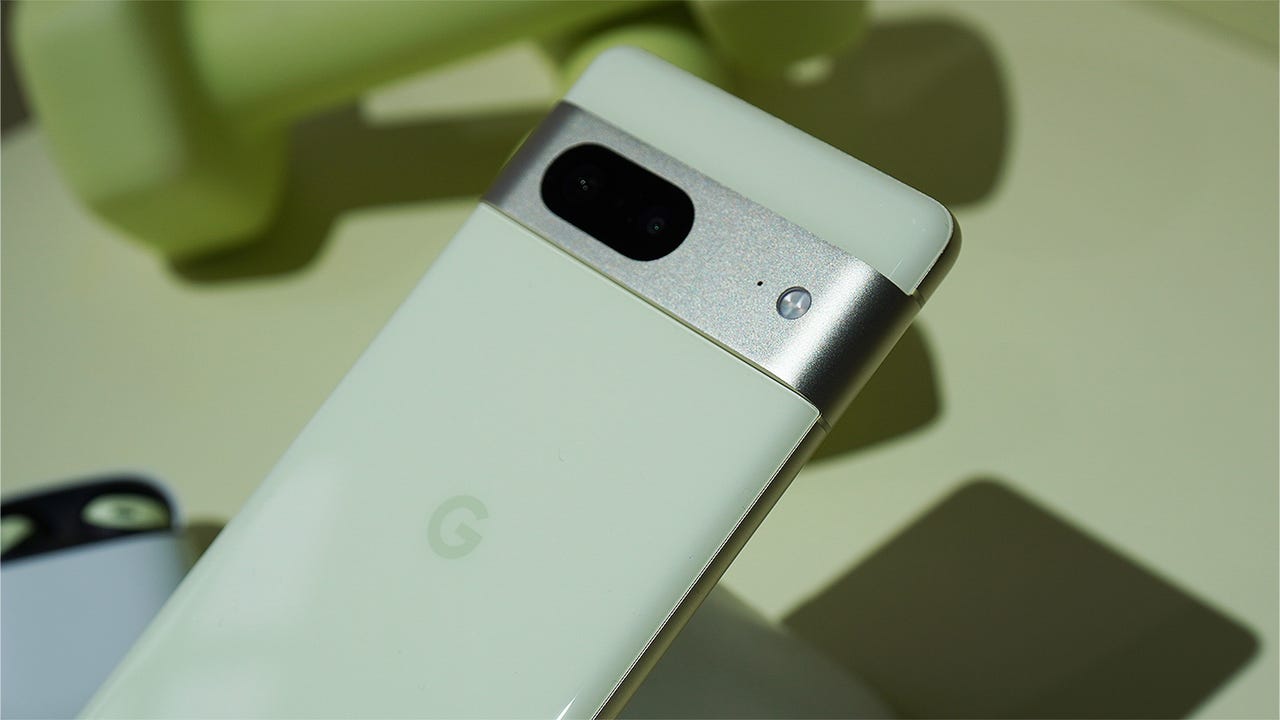'ZDNET Recommends': What exactly does it mean?
ZDNET's recommendations are based on many hours of testing, research, and comparison shopping. We gather data from the best available sources, including vendor and retailer listings as well as other relevant and independent reviews sites. And we pore over customer reviews to find out what matters to real people who already own and use the products and services we’re assessing.
When you click through from our site to a retailer and buy a product or service, we may earn affiliate commissions. This helps support our work, but does not affect what we cover or how, and it does not affect the price you pay. Neither ZDNET nor the author are compensated for these independent reviews. Indeed, we follow strict guidelines that ensure our editorial content is never influenced by advertisers.
ZDNET's editorial team writes on behalf of you, our reader. Our goal is to deliver the most accurate information and the most knowledgeable advice possible in order to help you make smarter buying decisions on tech gear and a wide array of products and services. Our editors thoroughly review and fact-check every article to ensure that our content meets the highest standards. If we have made an error or published misleading information, we will correct or clarify the article. If you see inaccuracies in our content, please report the mistake via this form.
Phone feeling slower than usual? Don't forget to do this regularly

When was the last time you restarted your phone? And I don't mean opening up the active apps tray and swiping them all away. When was the last time you turned off the device completely and then turned it back on?
Restarting a phone is typically brought up when you're experiencing lag, misfunctioning apps, and other software defects, but it's also a healthy practice even if your phone is working as intended, or is the best on the market. You can compare it to giving your car an oil change; it's not mandatory, but after every couple of thousands of miles driven, a refresh can mean all the difference in performance.
Also: Change this one Android setting to instantly make your phone feel twice as fast
In a phone's case, restarting it will clear out any background apps, heating issues, memory problems, and troubles with call signal -- even if it's only for the short term. Most importantly, you're giving the device a fresh start, which translates to smoother performance and slower-declining battery life. So, here's how to do just that, as well as some of my other best practices.
How to restart your iPhone or Android
1. Using the power button
For iPhone, you'd think that tapping and holding the right-side power button would prompt you with the reset settings, but that's sadly not the case.
Instead, you'll need to tap and hold both the power button and the volume down key on the left side. After three seconds, a power-off slider should appear on the screen. Swipe across to confirm the action.
Also: How to restart every iPhone ever made
For Android, tapping and holding the power button may follow a similar behavior as the iPhone, activating the built-in voice assistant instead of the reset prompt. If that happens, press both the power button and the volume down key for three seconds or until you're given the option to power off or restart the phone.
Note: On most Android phones, you'll have the ability to modify your power button so that it triggers the reset options by default instead of the voice assistant. You can't do this on an iPhone though.
2. Restarting, the hands-free way
If you're feeling lazy, there are several ways to restart your phone with even less effort.
On iPhones running iOS 16, you can now tell Siri to restart your device. It'll ask for your confirmation before doing so.
Also: How to clear the cache on your iPhone (and why you should)
For Android, manufacturers like Samsung give you the option to set optimized restarts, meaning the phone will automatically reset itself when it notices slowdowns and you're not using it. You can turn the feature on by going to your Settings > Battery and device care > scrolling down to Auto optimization > and toggling it.
From my experience, auto optimization typically occurs in the middle of my sleep. You'll know it happened when you unlock your phone and it asks you to use your pin or pattern instead of the biometric security.
In terms of how often you should be restarting your phone, I usually recommend doing it on a weekly basis, every Wednesday or Thursday. This way, you have a refreshed device to tackle the second half of the week.
